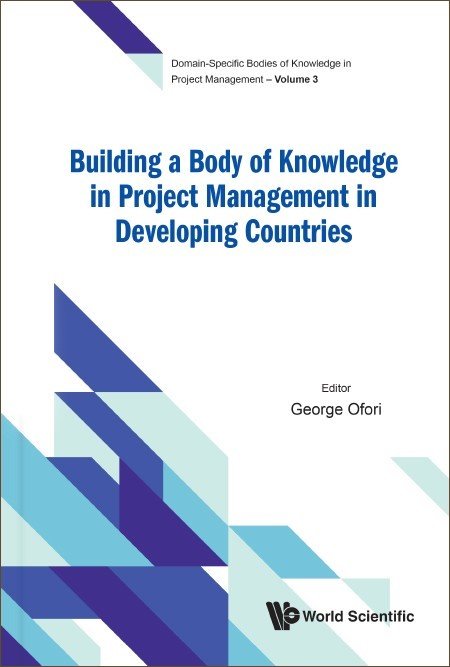Chapter 2: Need for a Body of Knowledge on Project Management in Developing Countries
Projects have become ubiquitous in business and in life in general. It is necessary to manage projects to ensure that they result in the desired outcomes. There have been attempts to conceptualize projects and project management and to compile a body of knowledge for project management. What is the history of project management? What is the current state of project management? How appropriate is the existing body of knowledge to developing countries? How can it be further developed, taking the context of these countries into consideration?
This chapter begins by discussing the nature and importance of a project. This is followed by consideration of why it is necessary to manage projects, the nature of project management, and the attempts made to conceptualize it and to build a body of knowledge on it. The results from the application of project management in general, and in the developing countries in particular, are discussed. It is suggested that it is necessary to further develop project management and consider the circumstances of developing countries. A way forward is presented.


